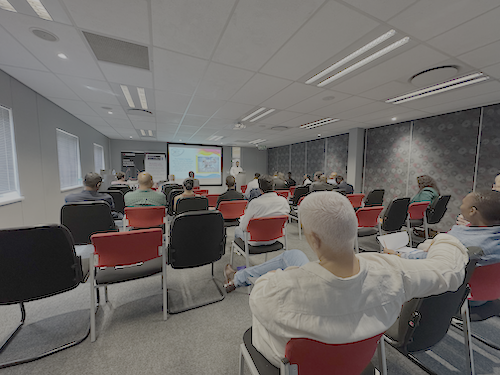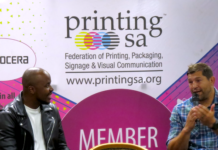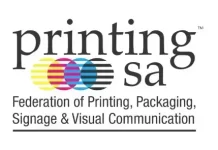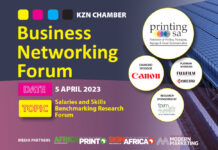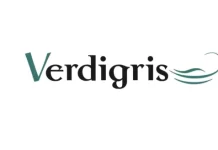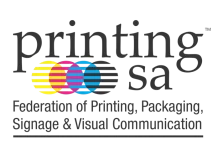On Friday the 7th of February, Printing SA held an HR forum at sponsor KYOCERA Document Solutions South Africa’s head offices in Vorna Valley. The forum addressed topics such as investigating misconduct, drafting charges and how to run a disciplinary hearing.
Africa Print, Sign Africa and Modern Marketing were media partners for the event. The proceedings were hosted by Abisha Katerere, Head of Business Development and Marketing at Printing SA, with opening remarks given by Ashley Samuel, Chamber Manager for the Central Region of Printing SA.
Colin De Jager, Labour Consultant and Former Printing SA Central Chamber Director, addressed investigating misconduct and poor work performance. Misconduct implies an employee’s actions violating workplace standards, while poor workplace performance implies a basic failure to meet the job standards. One involves behaviour, the other performative output.

Misconduct requires disciplinary action, while poor performance often requires extra training, counselling or meetings before more drastic measures are implemented. In the case of an investigation, it is in the best interest of the employer and their HR team to act promptly in gathering evidence, while very clearly defining the misconduct and the allegations. If the company does not already define, within its policies and procedures, what misconduct is to them, the organisation runs the risk of not being able to formulate a charge.
Once assessing the severity, a company has the option of disciplinary action, penalties or counselling. If counselling is selected, employers are given the opportunity to identify the root cause of the performance issues, track an employee’s performance and provide training and mentoring.
De Jager also covered incapacity, which can overlap with poor work performance in a case that involves a lack of training or skills due to incompetence. However, incapacity often involves an illness or injury that affects work, in which case the employer must accommodate or provide alternative roles.
Elogran Naicker, Attorney-At-Law at Elogran Naicker Attorneys, provided his expertise in corporate and commercial law. He focused on drafting charges for a disciplinary hearing and the key principles in formulating charges. Naicker provided various case studies in which companies versed the Commission for Conciliation, Mediation and Arbitration (CCMA), and either won or lost due to the way they formulated their charges. Naicker advised attendees to ensure that their disciplinary charges were procedurally and substantively fair for labour appeal court purposes.
Naicker further outlined the key principles in formulating charges. He listed the employee’s awareness of the charges, specificity and clarity of the detail of the charges, having no prejudicial changes after the hearing, providing enough detail so that the employee can understand the charges laid against them for the alleged misconduct and focusing on the facts of the case versus how the employer categorises the misconduct.
Patrick Lacy, Chief Executive Officer at Printing SA, provided his expertise in setting up and conducting a disciplinary hearing. ‘Every case is a chance for escalation to a potential dispute. In a case where an employee wants to escalate the issue to the CCMA or the Statutory council, opt for the Statutory Council for better employer outcomes,’ stated Lacy.
He further gave a step by step guide on how to formulate and conduct a hearing, starting with assessing the severity of the allegations to decide whether a hearing is necessary. Following this, an employer must secure evidence, select neutral witnesses, consult senior staff, avoid emotional decisions and explore alternative solutions. The key point in this step is securing evidence. ‘Evidence is vital. If you have no evidence, you have no case,’ stated Lacy.
The next step is to approach Printing SA for advice, expertise and guidance. With their input, begin drafting charges with plain and simple language. Clear allegation wording will ensure the accused understands the charges. Once charges are formed, avoid witness coaching, protect witnesses and evidence and clearly outline employee rights and responsibilities in the hearing notices. Ensure that only the relevant individuals are present in the hearing, with all parties having adequate time to prepare. Place emphasis on following the disciplinary code, as errors cannot be rectified after the hearing.
PRINTING SA
+27 11 287 1160
info@printingsa.org
http://www.printingsa.org


